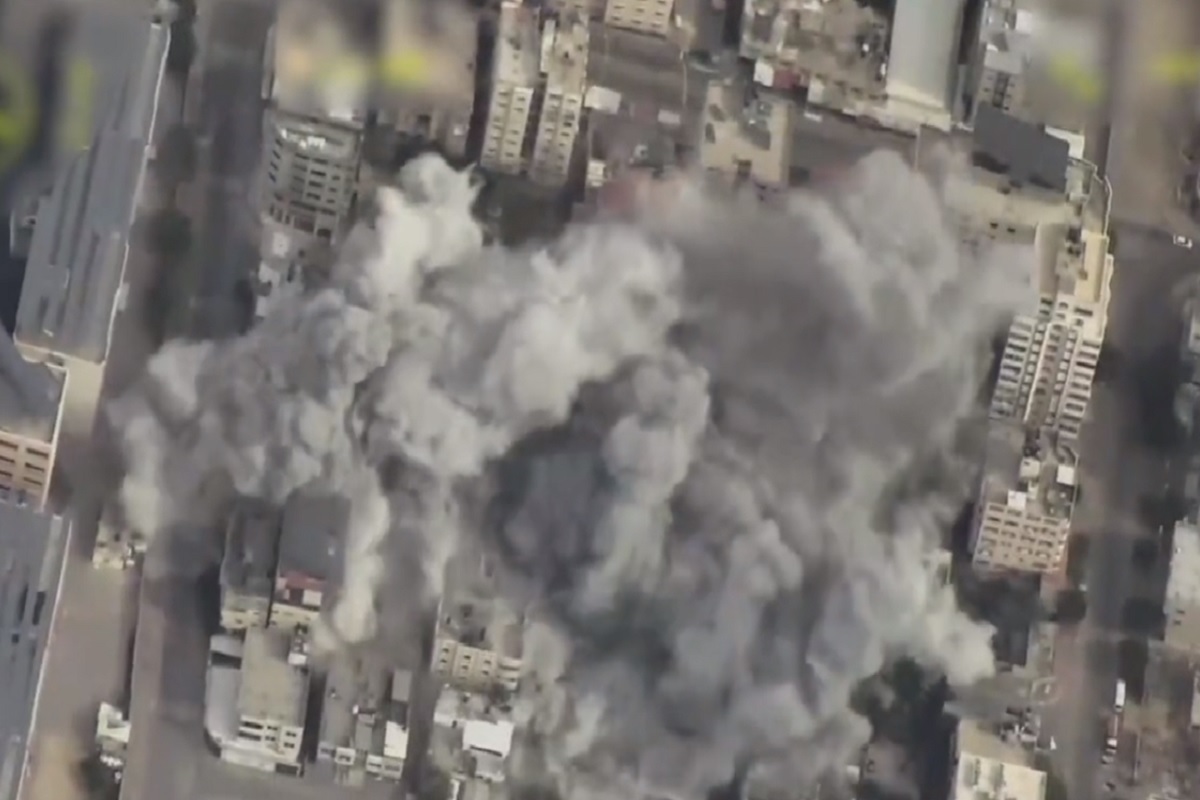For those who have been going red in the face arguing for the need to stamp out offensive, derogatory, and defamatory posts online, the Gaza War has confirmed that the monster known as social media has tipped us into the abyss. There is no coming back from a situation wherein a grandmother’s murder by Hamas terrorists was photographed by her executioners and posted to her Facebook account. The brutal, inhumane video appeared on her grandson’s Facebook ‘news feed’ and on that of her friends and family members because it was uploaded from her own account. Is this an extreme example of the grotesqueness of social media?
Of course. But after two decades of allowing impunity to those who get away with targeting individuals with violent threats and virulent allegations, nobody should be surprised that extremists are using this template for their own ends. That the information war is such a critical aspect of 21st century armed conflict makes disinformation an integral part of military operations. In the case of the Israeli grandmother, Facebook algorithms deployed to spot violent content that appears on sites run by extremists could not prevent the photos from being uploaded because ordinary people with no history of posting violent videos were obviously not part of the metric.
Advertisement
It bears keeping in mind that it is so-called ordinary people who, historically, have done the most damage. As Darrell West of the Brookings Institute writes in a recent article, the tragedy of the elderly Israeli woman reveals the challenges facing social media platforms during times of conflict. Tech companies, he adds, are going to have to figure out how to identify violent content and remove it before it reaches thousands or millions of people. If it takes Facebook, Twitter, YouTube, Telegram et.al. hours to take down such material, as is usually the case unless one has the money to pay humungous legal fees for top lawyers to appear at the drop of a hat, terror organisations are guaranteed large numbers of viewers for their barbaric and inhumane actions.
Realistically, it is too late to do anything but write about this phenomenon for posterity to take note. Because whether it is individuals airing fantastic conspiracy theories online without fear of sanction or terrorist organisations posting brutal murders, they have broader strategic goals to achieve. All of them need to document their actions and push them out to large numbers of viewers. In that way, they can pressurise individuals in decision-making positions and terrorise innocent civilians around the world. Social media platforms not only allow but effectively encourage this; algorithms cannot measure motives and distinguish posts meant legitimately to inform versus those designed to inflame and/or defame. It is an ugly new world.











